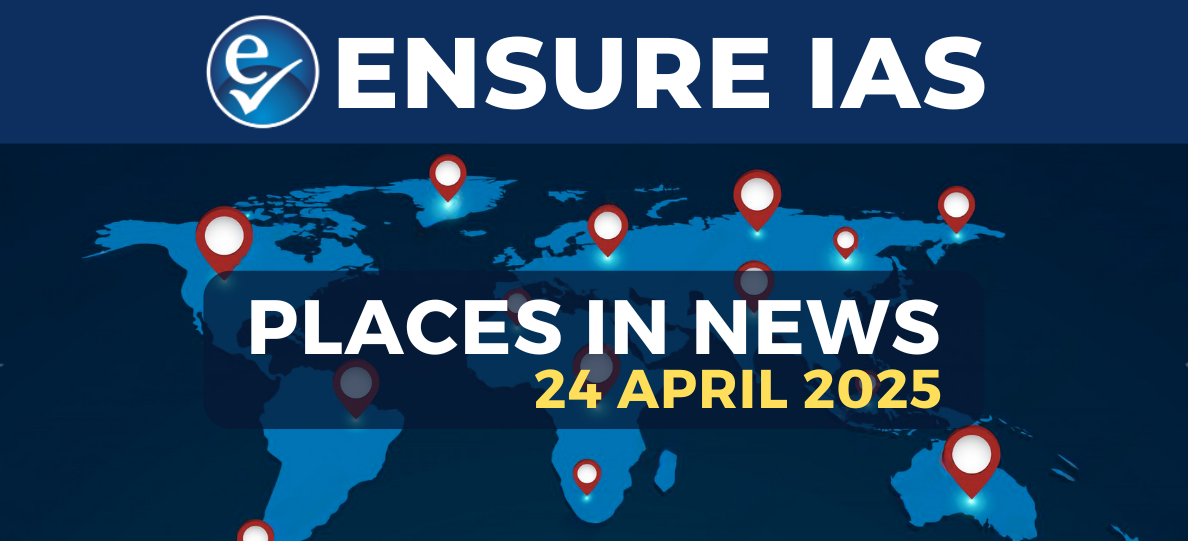- Courses
- GS Full Course 1 Year
- GS Full Course 2 Year
- GS Full Course 3 Year
- GS Full Course Till Selection
- CSAT
- 5 LAYERED ARJUNA Mentorship
- Public Administration Optional
- Online Program
- GS Recorded Course
- NCERT Batch
- Polity Module Course
- Geography Module Course
- Economy Module Course
- AMAC Module Course
- Modern India, Post Independence & World History Module Course
- Environment Module Course
- Governance Module Course
- Science & Tech. Module Course
- International Relations and Internal Security Module Course
- Disaster Management Module Course
- Ethics Module Course
- Essay Module Course
- Current Affairs Module Course
- ABOUT US
- OUR TOPPERS
- TEST SERIES
- FREE STUDY MATERIAL
- VIDEOS
- CONTACT US
Joint Communique on a Framework for Peace
Joint Communique on a Framework for Peace
India Refuses to Endorse Joint Communique on Ukraine Peace Framework at Switzerland Summit
Key Points:
- India did not sign the "Joint Communique on a Peace Framework" at the Peace Summit in Switzerland, which called for the protection of Ukraine's "territorial integrity".
- The communique was signed by over 80 countries, but India was among at least 7 countries that refused to endorse it.
- India's decision is in line with its consistent policy of abstention from all resolutions critical of Russia for its invasion of Ukraine.
- India's participation in the summit was aimed at understanding different perspectives and finding a way forward for a sustainable resolution to the conflict.
- Only proposals acceptable to both Russia and Ukraine can lead to abiding peace, according to India.
Background:
- The Peace Summit was held in Burgenstock, Switzerland, and was attended by over 40 countries, including heads of state or government from around the world.
- Ukraine President Volodymyr Zelenskyy addressed the summit, but Russian President Vladimir Putin was not invited to attend.
- The summit aimed to find a peaceful resolution to the conflict between Russia and Ukraine, which began in February 2022.
Key Points of the Communique:
Nuclear Safety: Emphasis on the safe operation of Ukraine's nuclear power plants, particularly Zaporizhzhia, under Ukraine's sovereign control and in alignment with IAEA principles. Any threat or use of nuclear weapons in the conflict remains unacceptable.
Global Food Security: Acknowledgment of the importance of uninterrupted food production, supply, safe navigation, and access to sea ports.
- Attacks on merchant ships and port infrastructure are deemed unacceptable, and Ukrainian agricultural products should be made freely available to other countries.
Humanitarian Issues: Call for the release of all prisoners of war through complete exchange, as well as the return of all unlawfully displaced Ukrainian children and civilians.
India's Stand:
- India's Ministry of External Affairs (MEA) Secretary (West) Pavan Kapoor explained that India's participation in the summit was aimed at understanding different perspectives and finding a way forward for a sustainable resolution to the conflict.
- Kapoor stated that only proposals acceptable to both Russia and Ukraine can lead to abiding peace.
- India's decision to attend the summit but not sign the communique is in line with its consistent policy of abstention from all resolutions critical of Russia for its invasion of Ukraine.
Other Countries' Stance:
- Saudi Arabia, South Africa, Thailand, Indonesia, Mexico, and the United Arab Emirates also refused to sign the communique.
- Brazil maintained an observer status, while China declined the invitation to participate altogether.
Significance:
- India's decision not to sign the communique highlights its neutral stance on the conflict between Russia and Ukraine.
- India's participation in the summit and its engagement with all stakeholders demonstrate its commitment to finding a peaceful resolution to the conflict.
- The summit's outcome may have implications for global peace and security, particularly in the context of the ongoing conflict between Russia and Ukraine.
Relevant Quotes:
- "Our participation in the summit and continued engagement with all stakeholders is with a view to understanding different perspectives, approaches and options to find a way forward for a sustainable resolution of the conflict, in our view, only those options acceptable to both parties can lead to abiding peace." - Pavan Kapoor, MEA Secretary (West)
"It was good that India was present" at a conference where the number of countries represented "half of the world" and a "quarter of the world" was represented by heads of state or government. - Ralf Heckner, Swiss Ambassador to India



